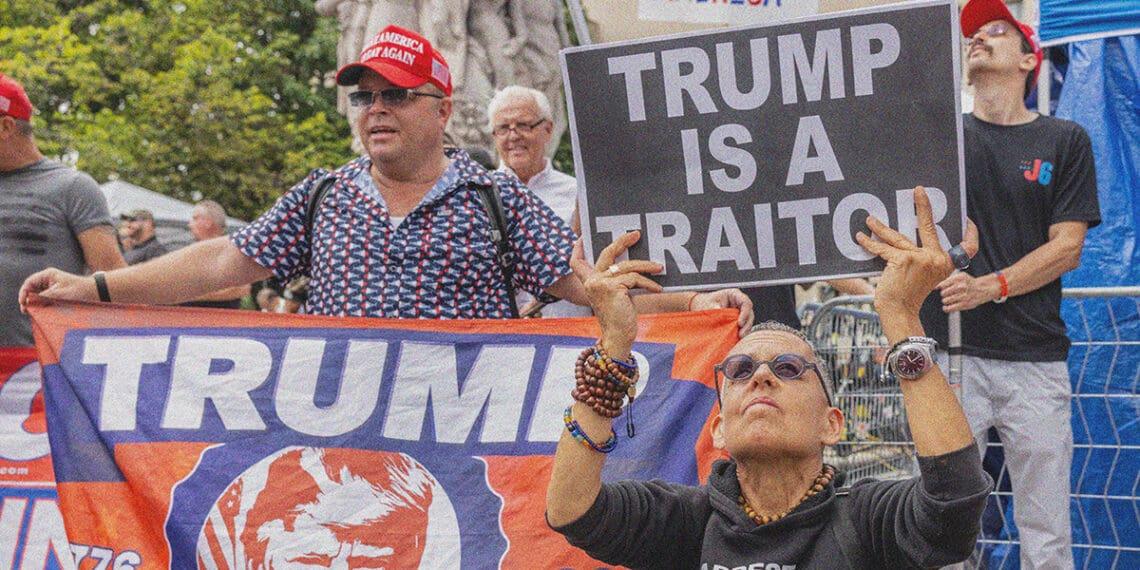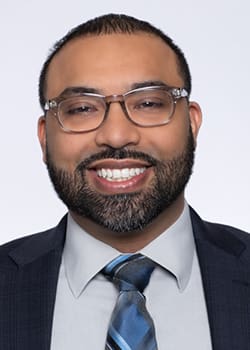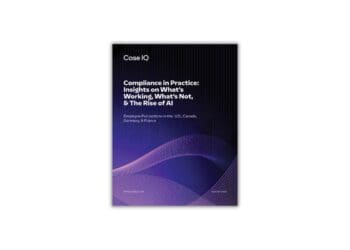The line between protected political speech and workplace disruption depends largely on who signs your paycheck. Public employees enjoy First Amendment protections that private sector workers lack, but even government agencies can restrict speech that undermines operational effectiveness. Oppenheimer Investigations Group’s Gorev Ahuja breaks down the legal framework employers use to navigate everything from controversial social media posts to classroom political expression.
Today’s workplaces are increasingly becoming arenas where personal beliefs intersect with professional responsibilities. While open dialogue can enrich the workplace with diverse perspectives, political expression sometimes escalates into conduct that may be discriminatory or hostile. These incidents can manifest in different ways, such as a public-school teacher wearing a MAGA hat at a training session on cultural sensitivity, an actress in a lucrative film franchise posting controversial views on social media and a college professor refusing to use a student’s preferred gender pronoun.
In such cases, employers must carefully balance employee rights with the need to uphold a professional, inclusive and productive environment. Understanding where legal boundaries lie in regulating speech is crucial.
Private employers
The First Amendment protects free speech from government interference, but it does not extend to private workplaces. However, other laws impose certain limitations:
- National Labor Relations Act (NLRA): This act protects employees’ rights to engage in “concerted activities,” including discussions about working conditions, which can encompass political topics related to labor rights. It applies to union and non-union employees in non-supervisory roles.
- State laws: States like California have statutes that prohibit employers from controlling or directing employees’ political activities or affiliations. For instance, California Labor Code sections 1101 and 1102 safeguard employees from employer interference in political matters.
While the First Amendment gives private employers more freedom to regulate political speech and expression in the workplace, disciplining employees for political speech should be done with caution. Generally, private employers can regulate political discussions during work hours by implementing neutral policies regarding political speech. Likewise, before taking any action against an employee, employers should ensure they are not unintentionally displaying favoritism toward a particular political preference.
In Fractious Political Times, How Do Leaders Keep Teams Together?
Ethical frameworks can help managers avoid taking sides while they foster understanding
Read moreDetailsPublic employees & the Pickering test
Public agency employees have greater protections under the First Amendment. However, the Supreme Court’s decision in Pickering v. Board of Education established a balancing test to determine when a public employer can discipline an employee for speech. The test weighs the employee’s right to comment on matters of public concern against the government’s interest in promoting workplace efficiency and avoiding disruptions.
The three-part Pickering test considers the capacity in which the employee spoke, the nature of the speech itself and the potential impact on the employer’s operational interests:
Speech as part of employee’s duties
The first step is to establish whether the employee was speaking as a private individual or within the scope of their official job duties. If the expression was part of their formal responsibilities, it does not receive First Amendment protection. This principle was firmly established in Garcetti v. Ceballos, where the Supreme Court held that speech made in the course of performing one’s public employment duties is not shielded by the Constitution. If, however, the employee spoke as a private citizen, the analysis continues.
Matter of public concern
Next, it’s necessary to evaluate whether the speech touched on issues of public significance. According to the Supreme Court in City of San Diego v. Roe, a matter of public concern is one that would be of legitimate interest to the community — such as topics involving politics, government operations or social issues. In contrast, speech limited to internal office disputes or personal dissatisfaction typically does not qualify. Only when the subject matter extends beyond personal grievances and speaks to broader societal concerns does the employee’s speech merit further constitutional consideration.
Balancing interests
If the speech meets the previous two criteria, the final step is to weigh the employee’s right to speak against the government employer’s need to ensure effective and efficient operations. The employer may justify limiting speech if it disrupts the workplace, undermines authority or impairs relationships that depend on trust and confidentiality. Key questions include: Did the speech cause discord among colleagues? Did it disrupt essential workflows? Did it interfere with job performance or the agency’s mission?
If the employer can show that the employee’s speech meaningfully disrupted the workplace or harmed operational integrity, the restrictions may be deemed permissible. On the other hand, if the speech was minimally disruptive or had no direct workplace impact, the employee’s right to speak freely is likely to prevail.
Conclusion
Navigating the complexities of political speech in the workplace requires a thoughtful and balanced approach. By understanding the nuances of speech that falls under public concern versus private grievances, employers can better balance their employees’ rights with their interest in maintaining workplace harmony. Ultimately, fostering an environment that respects free speech while safeguarding the efficiency and cohesion of the workplace is paramount. This delicate balance not only protects employees’ First Amendment rights but also promotes a culture of open dialogue and mutual respect, paving the way for a more inclusive and dynamic working environment.




 Gorev Ahuja, AWI-CH, is an attorney with Oppenheimer Investigations Group, an investigations law firm that conducts impartial workplace and school investigations, trainings, executive coaching, expert testimony and mediations.
Gorev Ahuja, AWI-CH, is an attorney with Oppenheimer Investigations Group, an investigations law firm that conducts impartial workplace and school investigations, trainings, executive coaching, expert testimony and mediations. 







